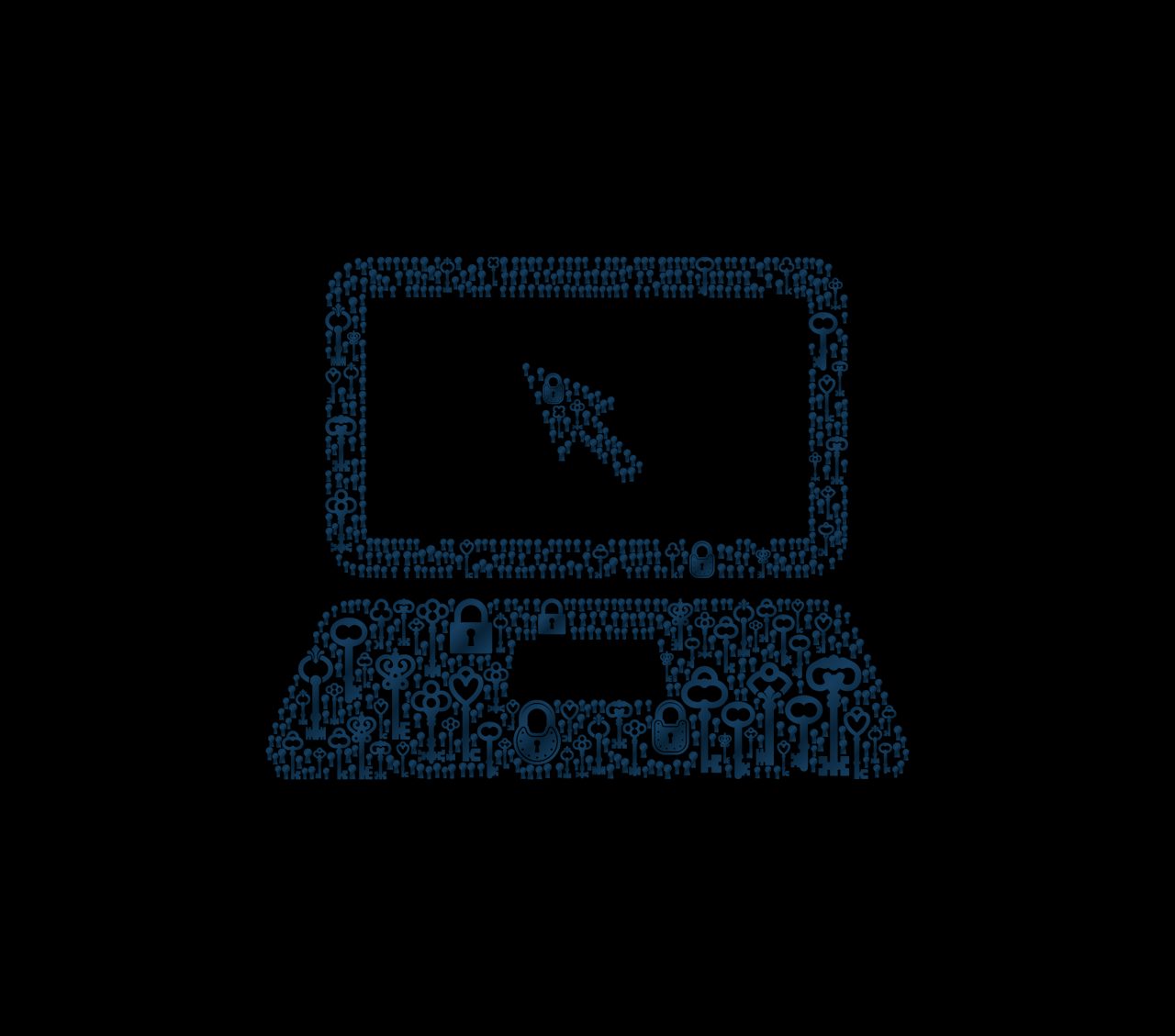In an attempt to better curb the proliferation of false information on their platform, YouTube has started rolling out a new feature that will fact-check user’s searches. So far, the feature is only available in India, where such conspiracies and false information have gone viral to often deeply concerning results.
It’s been well documented that YouTube’s algorithm can take a user from a benign news report from a reputable source to content from anti-immigrant hate groups in just a few clicks through their “Up Next” recommendations. With the new feature, when a user searches a topic that has been at the center of controversy or “prone to misinformation,” an “information panel” debunking and offering accurate information from fact checkers will then appear, Buzzfeed reports.
Last summer, the company announced it would start linking to Wikipedia articles alongside conspiracy and highly debated videos to combat misinformation, but it’s unclear how far the platform actually carried out this intention.
YouTube has been roundly criticized over the last couple of years for its suggestions algorithm, which often leads viewers down rabbit holes of more and more troubling subject matter. The site has been home to insensitive conspiracy theories, content meant to radicalize vulnerable audiences disguised as pep talks, misleading view counts, and channels capitalizing on fake science — all of which have become bleak cornerstones of the platform. Even a topic as seemingly banal as the release of a new Marvel superhero movie has become fodder for misogynistic, reactionary content on the site.
me: *watches literally maybe 30 seconds of a joe rogan video*
— Brandon Wardell (@BRANDONWARDELL) February 11, 2019
my youtube front page recommendations for the rest of eternity:
- Feminist Cringe Compilation 3
- Ben Shapiro Most Savage Logic Moments Volume 5
- SJW Gets Triggered 36
- Jordan Peterson Eat Beef
While this latest move is certainly a step in the right direction — informing viewers of the veracity of the topic they’ve searched for is an important and seemingly necessary responsibility for the platform to take on — it doesn’t negate the fact that those videos with their false information are still available to view. The “information panel” only pops up when a user searches on the site, but it doesn’t appear to pop up again when viewers click through suggested or “related” videos found on the sidebar.
The feature will be available globally at some point, but YouTube has not clarified an exact timeline.
